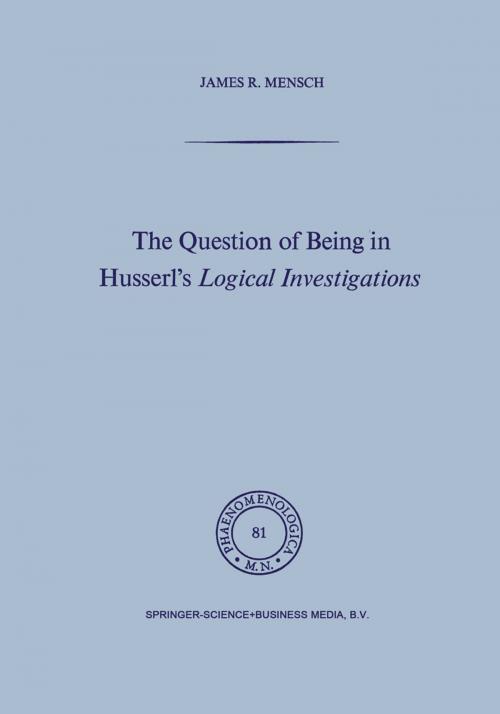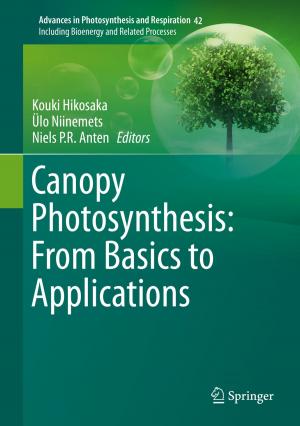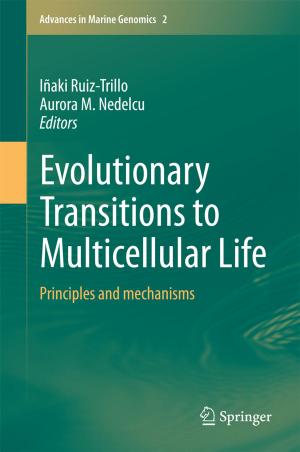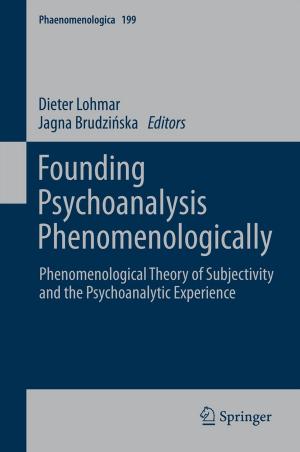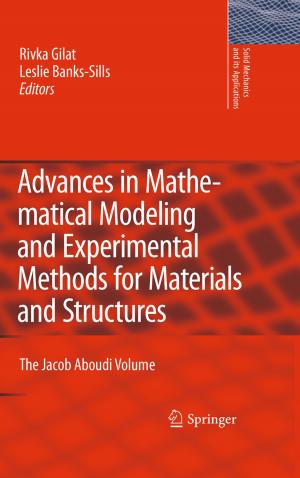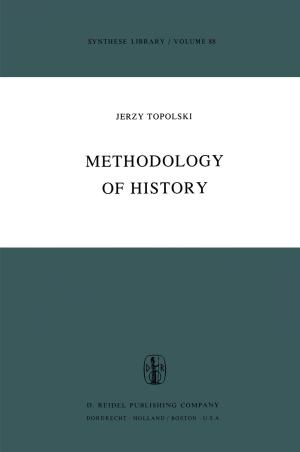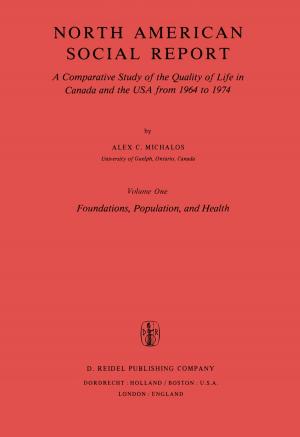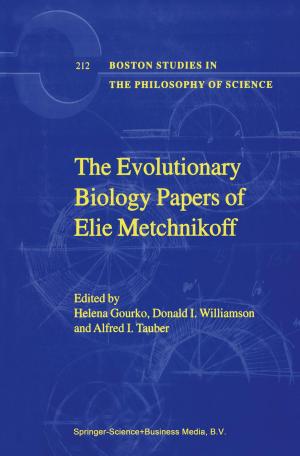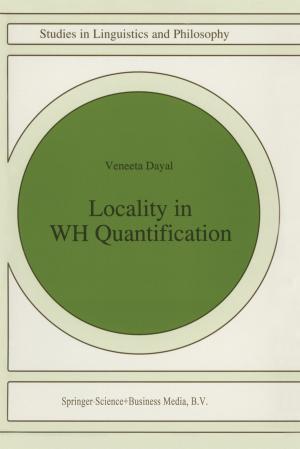The Question of Being in Husserl’s Logical Investigations
Nonfiction, Religion & Spirituality, Philosophy, Phenomenology| Author: | J. Mensch | ISBN: | 9789401734462 |
| Publisher: | Springer Netherlands | Publication: | March 14, 2013 |
| Imprint: | Springer | Language: | English |
| Author: | J. Mensch |
| ISBN: | 9789401734462 |
| Publisher: | Springer Netherlands |
| Publication: | March 14, 2013 |
| Imprint: | Springer |
| Language: | English |
This study proposes a double thesis. The first concerns the Logische Untersuchungen itself. We will attempt to show that its statements about the nature of being are inconsistent and that this inconsis tency is responsible for the failure of this work. The second con cerns the Logische Untersuchungen's relation to the Ideen. The latter, we propose, is a response to the failure of the Logische Untersuchungen's ontology. It can thus be understood in terms of a shift in the ontology of the Logische Untersuchungen, a shift motivated by the attempt to overcome the contradictory assertions of the Logische Untersuchungen. In this sense our thesis is that, in the technical meaning that Husserl gives the term, the Logische Untersuchungen and the Ideen can be linked via a "motivated path. " We can, by way of an introduction, clarify our theses by regard ing three elements. The first is the relation of epistemology to ontology. The second is the notion of motivation as Husserl conceives the term. The third is the fundamental distinctions that are to be explained via the notion of motivation. 1. We should begin by remarking that the goal of the Logische Untersuchungen is explicitly epistemological; it is that of answer ing "the cardinal question of epistemology, the question concerning the objectivity of knowledge" (LU, Tub. ed. , I, 8; F. , p. 56V For Husserl, his other questions - i. e.
This study proposes a double thesis. The first concerns the Logische Untersuchungen itself. We will attempt to show that its statements about the nature of being are inconsistent and that this inconsis tency is responsible for the failure of this work. The second con cerns the Logische Untersuchungen's relation to the Ideen. The latter, we propose, is a response to the failure of the Logische Untersuchungen's ontology. It can thus be understood in terms of a shift in the ontology of the Logische Untersuchungen, a shift motivated by the attempt to overcome the contradictory assertions of the Logische Untersuchungen. In this sense our thesis is that, in the technical meaning that Husserl gives the term, the Logische Untersuchungen and the Ideen can be linked via a "motivated path. " We can, by way of an introduction, clarify our theses by regard ing three elements. The first is the relation of epistemology to ontology. The second is the notion of motivation as Husserl conceives the term. The third is the fundamental distinctions that are to be explained via the notion of motivation. 1. We should begin by remarking that the goal of the Logische Untersuchungen is explicitly epistemological; it is that of answer ing "the cardinal question of epistemology, the question concerning the objectivity of knowledge" (LU, Tub. ed. , I, 8; F. , p. 56V For Husserl, his other questions - i. e.
